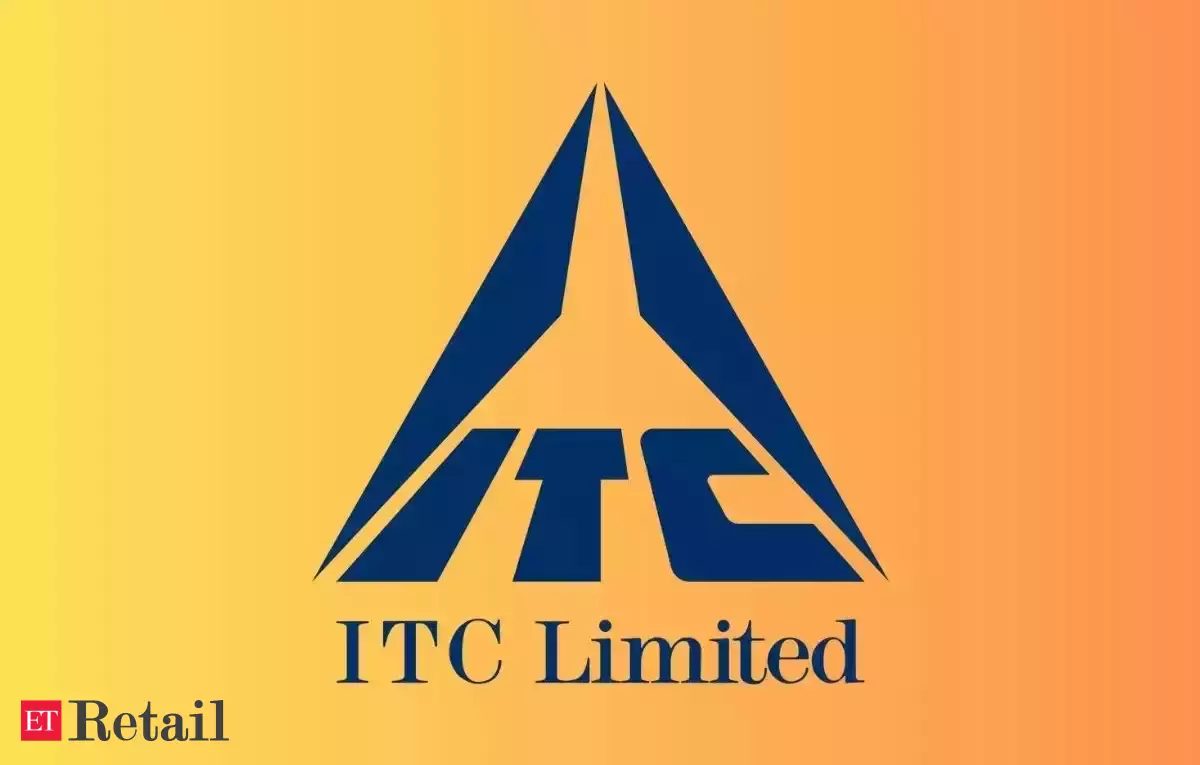Fintech startups are frequently the pioneers in disruptive innovations, designed to fill a need in the market or launch a fresh product, placing them at the front of these quickly expanding industries.
Investing in these businesses can provide the chance to enter these developing industries early and profit from the potential large growth as the sector or technology advances. Fintech startups may also be able to move more rapidly and effectively than established companies because they are often smaller, which might help them gain market share and establish themselves as dominating players.
Compared to traditional financial institutions, fintechs often have smaller balance sheets, fewer personnel, and less infrastructure on the ground, as well as less onerous regulatory requirements. These startups are more flexible than established companies, and they can develop and market innovative goods quickly. They are able to focus on innovation and satisfying customer requirements rather than being weighed down by regulatory red tape thanks to their use of technology to automate compliance processes and lessen their regulatory burden.
Unlike to other firms, investors must focus more on the fintech startup’s capacity to address client issues and enhance its product offerings. It is concerning that many fintechs, even those involved with blockchain, seem to have no consideration for these fundamental analyses. Several fintech businesses struggle to identify problems that their solutions can solve despite claiming technologically sophisticated products, which makes it uncertain whether clients would be ready to switch to them.
Lack of a workable plan is one of the main issues facing many fintech companies. Rapid product launches, a sophisticated user interface, or cutting-edge technology may appear to be important competitive advantages, but they do not alone make up a strategy. However, merely reducing expenses is not a viable strategy because rivals can easily undercut costs and reduce profits. Several finance businesses have failed as a result of their inability to escape the competition’s chokehold.
Another important element in determining the success of financial firms is evaluating the possibility for consumer uptake. Before making an investment, it is crucial to assess the user experience and customer acquisition strategy of the fintech firm because these factors might have a long-term impact on the startup’s revenue and success.
Investors must evaluate the startup’s capacity for sustained success without imploding under pressure. A startup’s odds of scaling up successfully without the correct balance of strategy and judgement can be as remote as a penguin’s chances of flying. Collaborations and intellectual property are important considerations in this evaluation; patents, trademarks, and proprietary technologies can have a significant impact on an organization’s competitiveness and innovation potential. Also, analysing a fintech’s relationships and collaborations is comparable to assessing its entourage because they have the power to either improve or hinder its success. Strategic partnerships and collaborations can help an organisation grow and succeed over the long term, or they might prevent it from realising its full potential.
Also, investors need to have a future-focused perspective. A fintech may need several years to develop and start making money. While analysing investment possibilities, it is also crucial to assess the likelihood of successful exit plans, such as mergers, acquisitions, or initial public offers. With the substantial amount of cash necessary to scale and reach profitability, investors must carefully assess the startup’s fundraising history, burn rate, and value.
Traditional financial institutions and other startups pose a serious threat to these firms. Here, it’s crucial to understand that fintechs operate in a rapidly changing environment where ground-breaking technologies and novel business models are constantly emerging. As a result, it’s essential to have a thorough understanding of the startup’s product roadmap, a firm grasp of the competitive landscape, and the capacity to create a “moat” around the business.
The management team is the most important factor to take into account when evaluating fintech businesses for investment. Beyond the surface-level numbers, one must delve into the complexities of a fintech startup’s management team to fully comprehend its potential. The team’s ability to develop and express a visionary route for their business, as well as the essential skill to carry it out, is a key factor in this rating.




